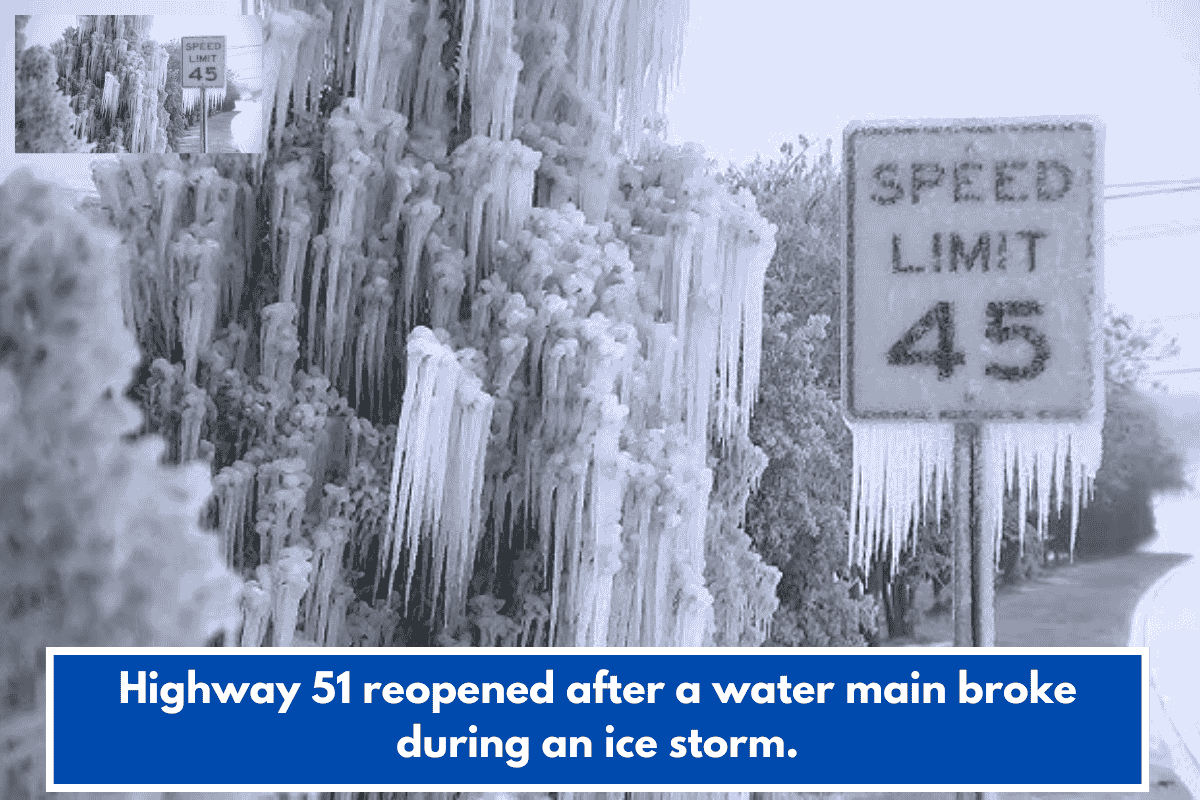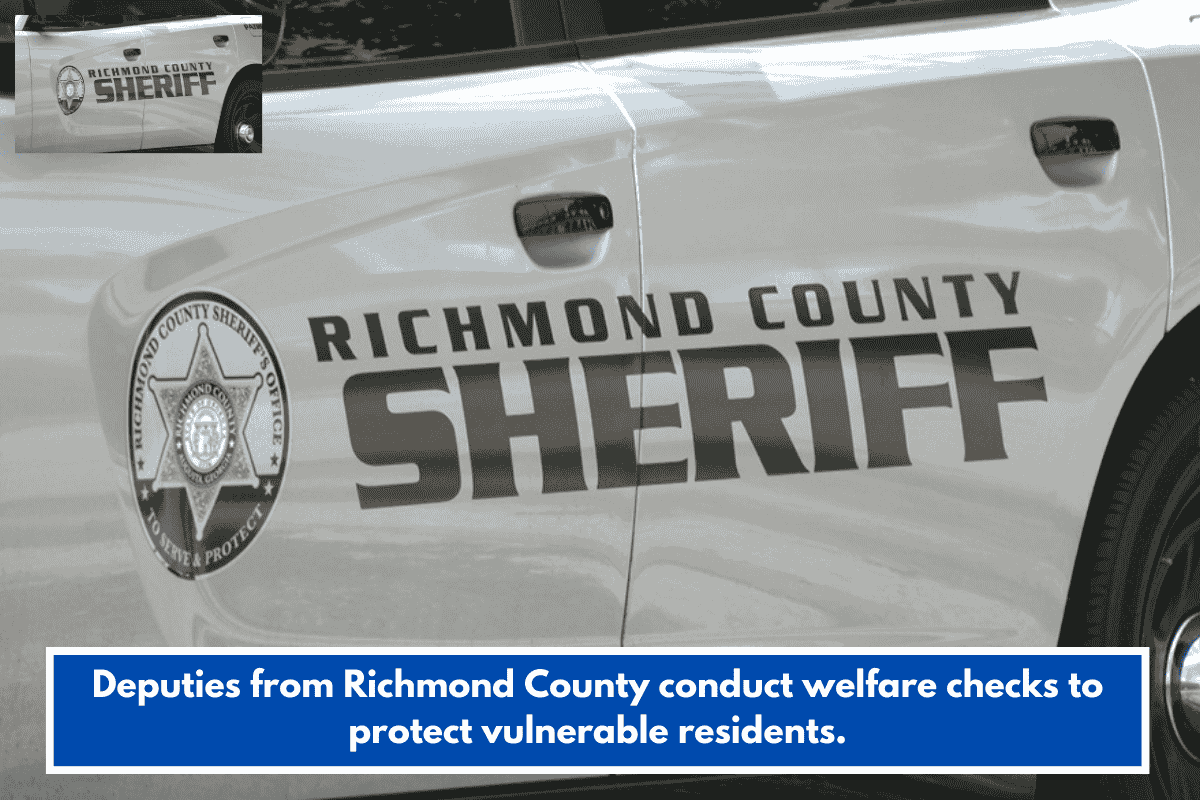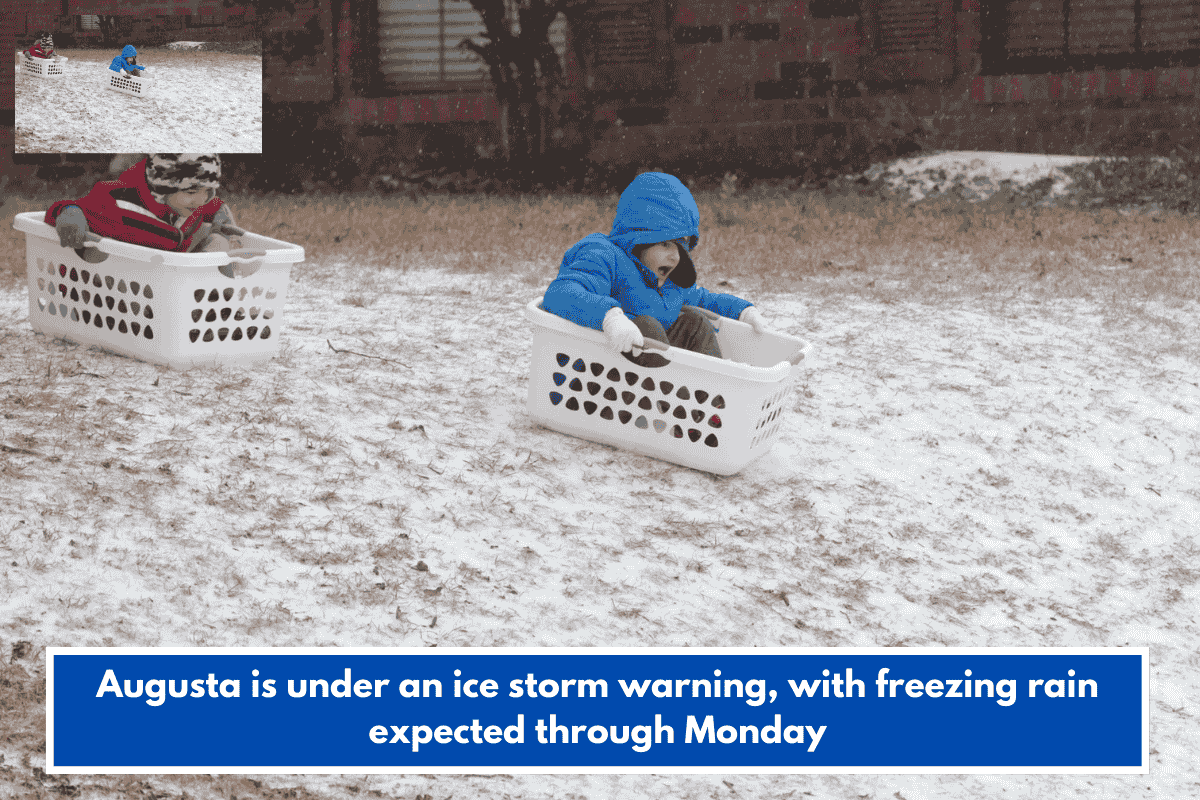Dash cams, or dashboard cameras, have become a popular tool for drivers in New Hampshire and across the U.S. They can provide invaluable evidence in the event of an accident, help protect against fraudulent claims, and offer peace of mind on the road. However, before you install a dash cam in your vehicle, it’s essential to understand the regulations surrounding their use in New Hampshire to ensure you stay compliant with the law.
Are Dash Cams Legal in New Hampshire?
Yes, dash cams are legal in New Hampshire. There are no state laws specifically prohibiting the use of dashboard cameras in private vehicles. In fact, many drivers use dash cams to record their journeys for various reasons, including capturing potential accidents, road rage incidents, or even scenic drives.
Key Regulations to Keep in Mind
While using a dash cam is generally allowed in New Hampshire, there are some important rules and considerations to keep in mind to avoid legal complications.
1. Mounting and Visibility
When installing a dash cam in New Hampshire, you must ensure that the camera does not obstruct your view of the road. The New Hampshire State Law prohibits any device from blocking the driver’s line of sight. This means that dash cams should be mounted in a way that they don’t interfere with the vehicle’s operation or obstruct your view of the road.
Legal Placement: The dash cam should be installed on your windshield or rearview mirror without blocking critical vision areas like the driver’s direct line of sight.
Windshield and Mirror Restrictions: New Hampshire law generally allows the placement of devices on the windshield or rearview mirror, as long as they don’t impede the driver’s ability to see the road or are not in the direct line of sight. Make sure the device is placed in an area that does not violate these restrictions.
2. Recording Audio
Recording audio inside your vehicle while driving brings up privacy concerns. In New Hampshire, as in most states, one-party consent laws apply when it comes to audio recording. This means that you can record conversations within your car as long as you (the driver) are part of the conversation. However, it is important to understand the legal nuances surrounding audio recording, especially if you’re recording conversations between passengers.
When Recording Audio: If your dash cam records audio, ensure that the recording is within the boundaries of one-party consent. If you’re recording other parties in your vehicle or capturing conversations of people outside of your vehicle, it’s always a good idea to inform them, as New Hampshire’s laws around audio recording may vary based on the situation.
3. Use of Dash Cam Footage in Court
Dash cam footage in New Hampshire can serve as a useful tool in legal situations. If you’re involved in a traffic incident, your dash cam footage can be used as evidence in court. However, it’s important to note that the footage must be unobstructed and authentic to be admissible. This means that the camera should not have been tampered with, and the footage must clearly show the events in question.
Admissibility: Courts may accept dash cam footage as part of a larger body of evidence in cases such as traffic accidents, reckless driving, or disputes about what happened during an incident.
Other Legal Considerations for Dash Cam Use in New Hampshire
Privacy Issues: If your dash cam records video outside of your vehicle, be aware of any potential privacy issues. For example, if you are filming people in public spaces or private properties, ensure that you are not violating any privacy laws.
Traffic Citations and Dash Cam Evidence: While dash cam footage can be useful in defending against traffic citations, it can also be used by law enforcement to support allegations of violations. In New Hampshire, dash cam footage may be reviewed by law enforcement in cases of reckless driving, road rage, or other dangerous behaviors on the road.
Dash cams are legal and can be a valuable tool for drivers in New Hampshire, offering protection and peace of mind while on the road. To ensure you stay within the law:
Mount your dash cam in a way that does not obstruct your view.
Be mindful of audio recording laws, especially when recording passengers or conversations.
Use dash cam footage responsibly, especially in legal situations.
As long as you follow these basic guidelines, you can safely and legally use a dash cam in New Hampshire to protect yourself and your vehicle.
SOURCE
[1] https://www.expertmarket.com/dash-cams/dash-cam-laws-by-state
[2] https://mywaynecountynow.com/understanding-dash-cam-regulations-in-new-hampshire/
[3] https://www.ddpai.com/blog/dash-cam-laws/
[4] https://collincountymagazine.com/2025/06/30/understanding-dash-cam-regulations-in-new-hampshire/
[5] https://www.tennandtenn.com/can-a-dashcam-help-you-fight-reckless-driving-charges-in-nh/














